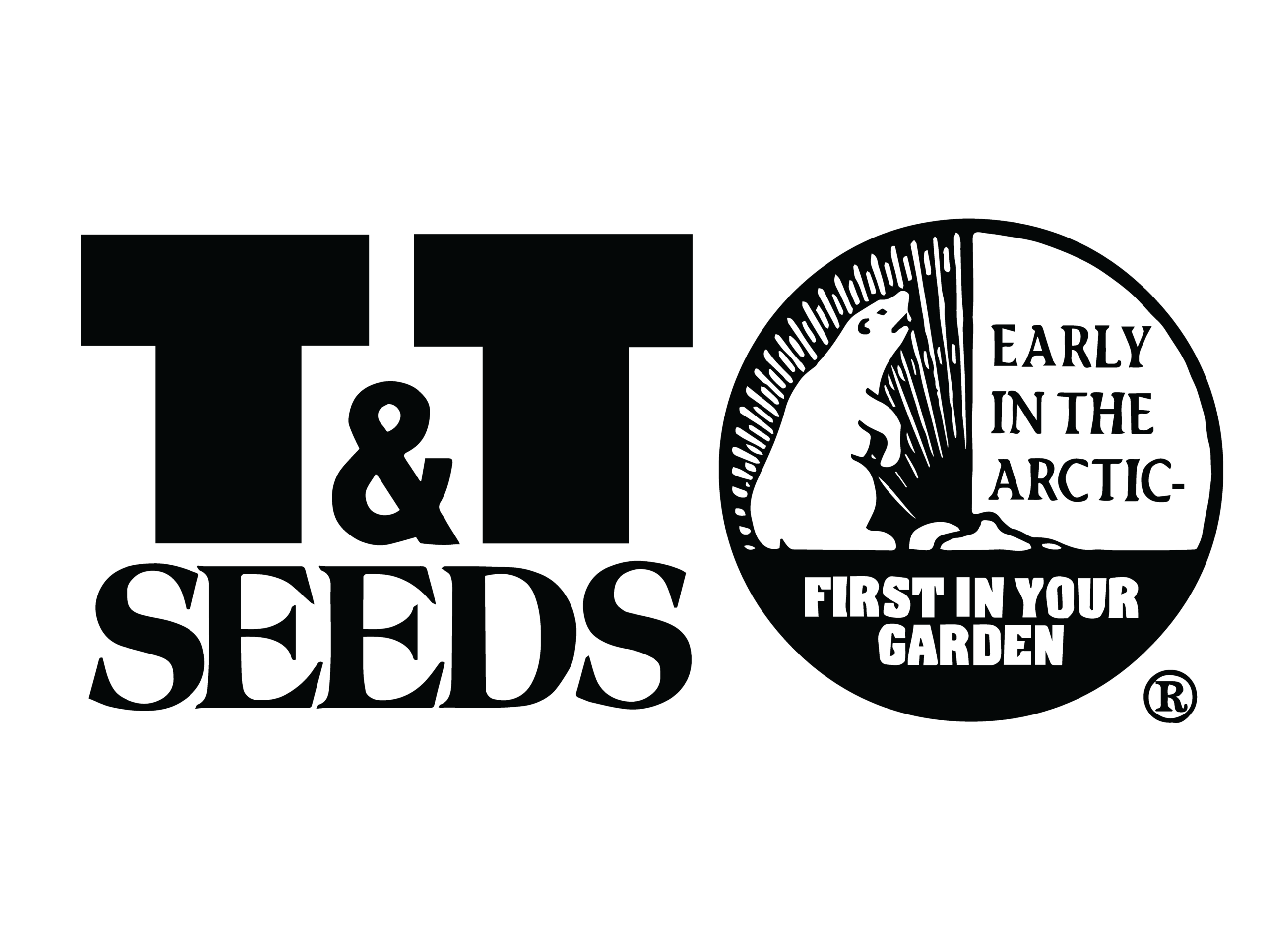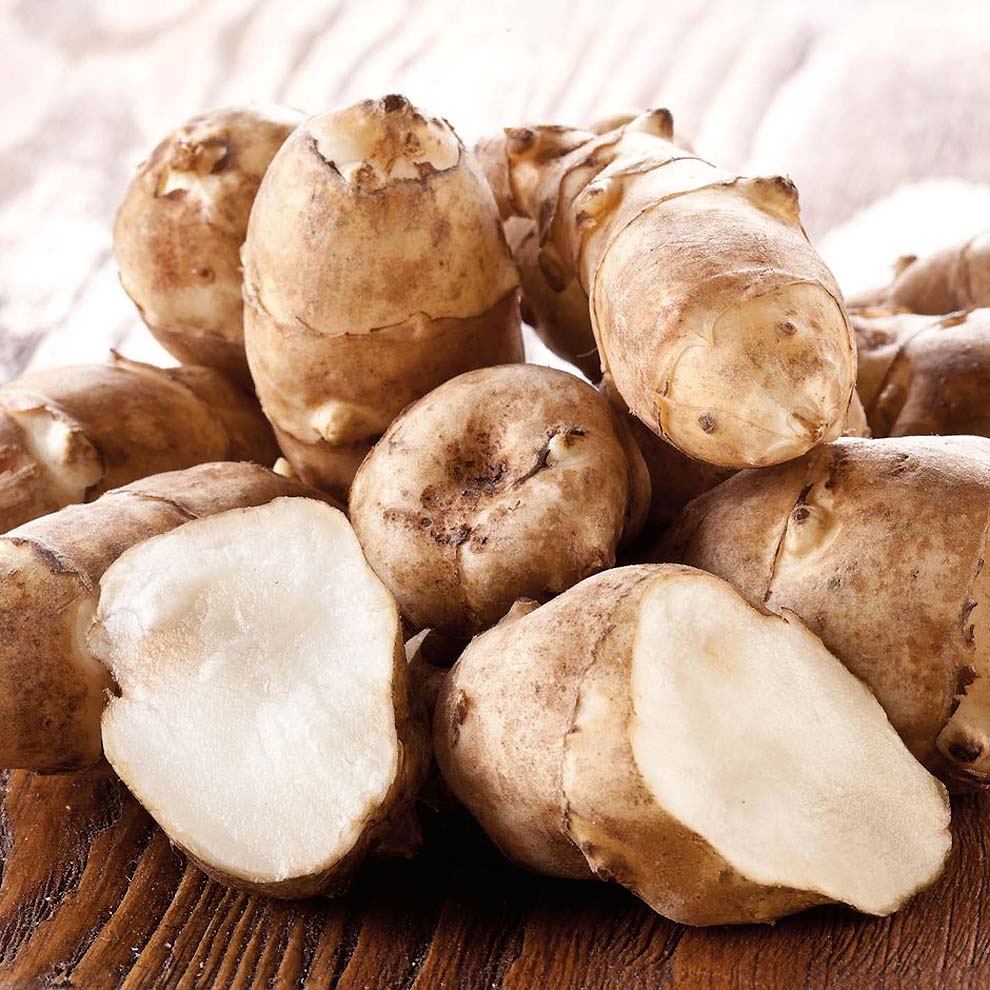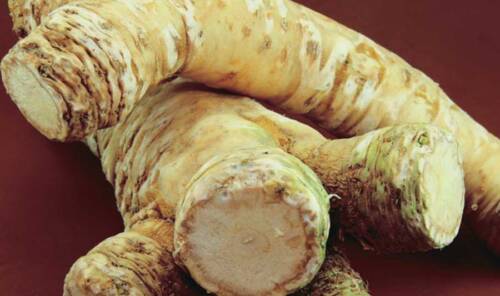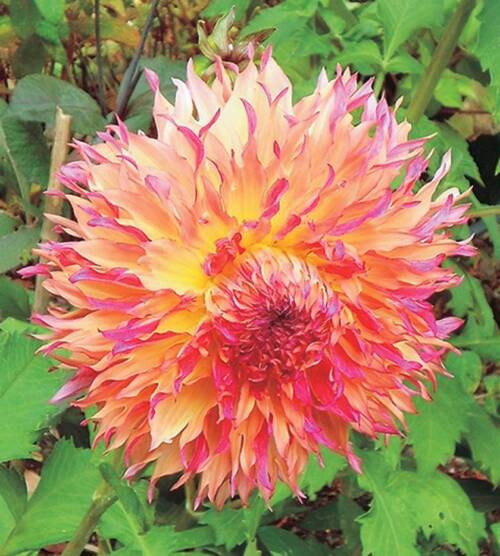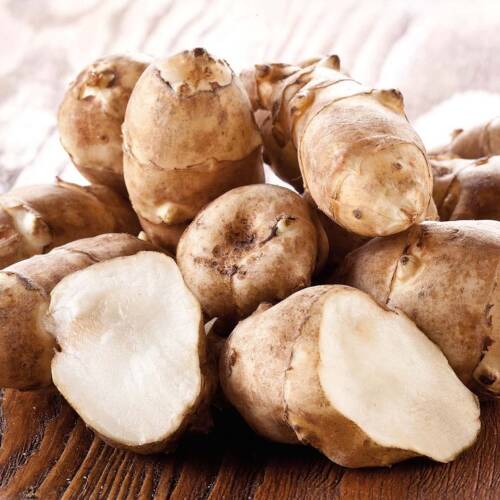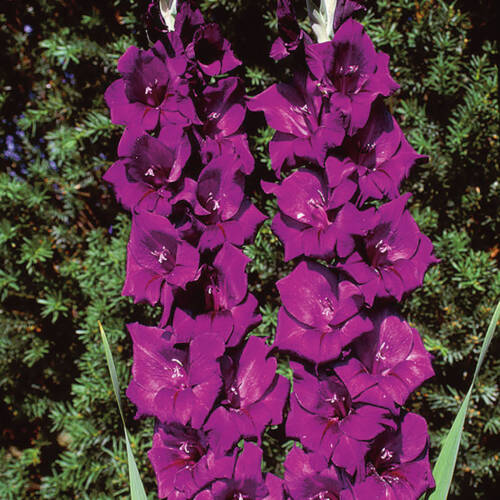Description
This “Sunflower” produces knobbly, white-fleshed tubers you can eat both raw and cooked. A much under-rated vegetable which has edible tubers that have a potato-like texture and are delicious. Also known as Sunchoke, they produce a mass of bright yellow Sunflower-like flowers from July through to a heavy frost. They are often referred to as the “Potatoes of Canada”
Potatoes aren’t the only terrific tuber out there. Native to central North America, Jerusalem artichokes (Helianthus tuberosus) — often called by the more modern name “sunchokes” — are so prolific they can become invasive, but if handled properly, they will be a productive and rewarding crop. The edible parts of these plants are their knobby roots, which have a crisp texture like that of water chestnuts. When cooked, they become a soft, nutty alternative to potatoes.
Jerusalem artichokes will grow well just about anywhere. You can grow them in any climate, in full sun to partial shade and aren’t fussy about soil; they will even produce fairly reliably in clay soils. They do grow best in loose, fertile soil. They grow tall, so be sure to plant them in an area where they won’t shade the rest of your crops. The north side of a bed would be ideal.
Make sure each tuber you’ll be planting has at least one “eye.” Plant them three inches deep and about a foot apart. They work well either planted in rows or blocks. If you have the room, you can dedicate an entire bed to Jerusalem artichokes. When they bloom, they will look beautiful.
Keep the bed weeded early in the season when the plants are small. Mulch with three to four inches of organic matter.
Dig Jerusalem artichokes, preferably with a digging fork to avoid cutting tubers as you try to harvest them. You can harvest them anytime, but Jerusalem artichokes are much sweeter and more flavorful after a frost or two. You can dig them anytime as long as your soil isn’t frozen. To extend your harvest, add a thick (12 inch) layer of mulch after your first frost. This will keep your ground from freezing, buying you a few more weeks to harvest your sunchokes.

